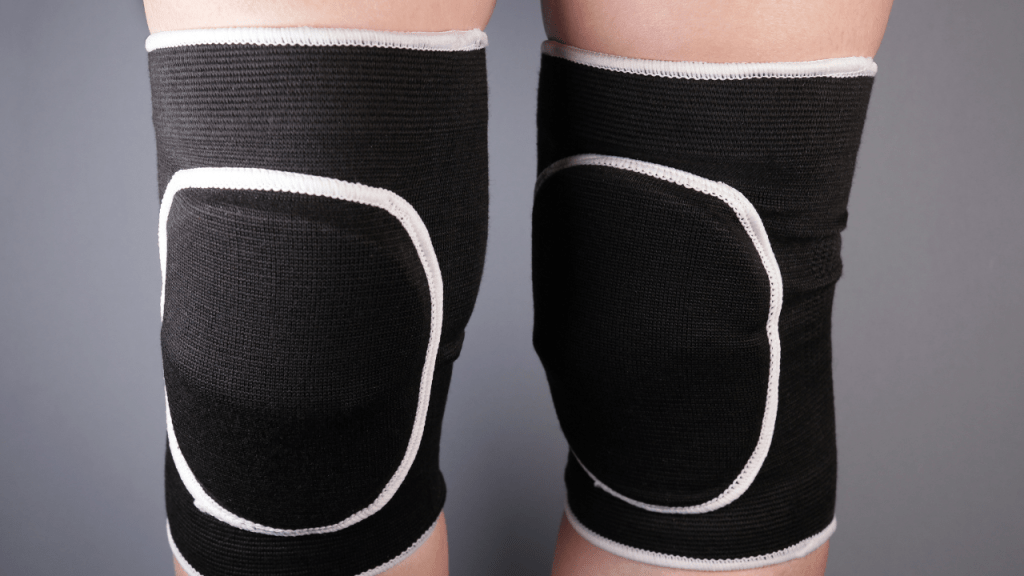Our joints are the foundation of movement, and when they’re taken care of, we feel more agile and active. Joint health isn’t just for athletes or the elderly—everyone can benefit from incorporating joint-friendly habits into their routine.
The best part? Strengthening and protecting your joints doesn’t require intense workouts or specialized treatments. A few simple daily practices can help maintain their health and longevity.
Why Joint Health Matters

Joints connect bones and allow our bodies to move. But over time, wear and tear can damage the cartilage between these bones, leading to pain, stiffness, or even conditions like arthritis. Preventing joint problems is not only about preventing pain but also about maintaining your range of motion and overall mobility as you age.
By taking a proactive approach, you can protect your joints and avoid the discomfort that often comes with neglecting them. Whether you’re standing, sitting, or even sleeping, every position affects your joints.
Stay Active with Low-Impact Exercises

Exercise plays a pivotal role in strengthening muscles, ligaments, and tendons, which, in turn, support and protect your joints. But that doesn’t mean you need to engage in high-impact activities that strain your joints.
Low-impact exercises like swimming, cycling, yoga, and walking are excellent ways to stay active while minimizing the risk of injury.
Learn more about joint-friendly exercises here.
Maintain a Healthy Weight

Excess weight can put undue stress on your joints, especially those in your lower body like the hips, knees, and ankles. Every additional pound places extra pressure on your joints, which over time can lead to wear and tear.
Maintaining a healthy weight through a balanced diet and regular exercise is one of the simplest and most effective ways to protect your joints from unnecessary strain.
Stretch Daily for Flexibility

One of the most overlooked habits is stretching. Regular stretching helps maintain flexibility in your joints and muscles, preventing stiffness and reducing the risk of injury. A good stretching routine can also improve posture and relieve pressure on the joints, especially in the back and knees.
Tip: Focus on dynamic stretching before workouts to warm up and static stretching after to cool down. This improves joint mobility and reduces tightness.
Practice Good Posture

It’s easy to overlook the impact that posture has on your joints, but poor posture can put unnecessary strain on certain joints, leading to discomfort or pain over time.
Whether you’re sitting at a desk, standing, or walking, maintaining good posture ensures that your joints are aligned and that no one joint is taking on too much stress.
Tip: Set reminders to adjust your posture throughout the day, especially if you’re seated for long periods. A well-supported back and relaxed shoulders will protect your spine, hips, and knees.
Protect Your Joints During Activities

When you’re engaging in physical activities, make sure to use proper form and wear supportive footwear to minimize stress on your joints. For example, if you’re lifting weights, ensure your posture is correct to avoid strain on your knees and back. Similarly, when running or walking, choose shoes that offer proper arch support and cushioning to absorb impact.
Tip: If you’re doing high-impact activities, consider wearing joint protection gear like knee pads or braces. These can provide additional support and reduce the risk of injury.
Consider Joint Supplements

While the best way to care for your joints is through physical activity and healthy habits, some individuals may benefit from adding supplements to their routine. Glucosamine and chondroitin are popular supplements known for their joint-supporting properties.
They may help maintain cartilage health and reduce inflammation. However, always consult with your doctor before adding any supplement to your daily routine.
Many joint supplements also contain collagen, which can support joint elasticity and strength.




